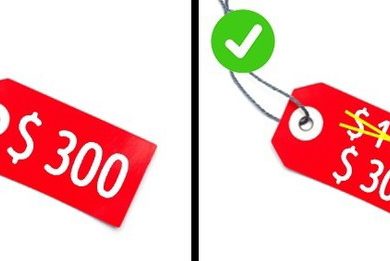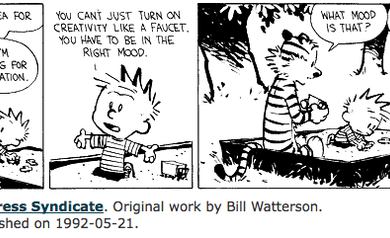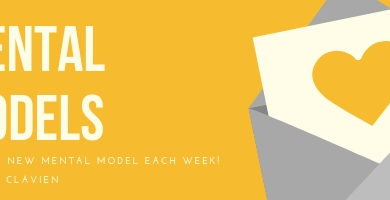The internet has completely changed the way we consume information. This has had some interesting consequences, one of which is this week’s mental model – the filter bubble. 🧠
What is the filter bubble?
The concept was promoted by Eli Pariser back around 2011. At that time personalization of the information we see online in our Google searches and social media feeds were on the rise. The filter bubble idea is still relevant today and well worth revisiting.
So what is it? I like this definition:
“A filter bubble is the intellectual isolation that can occur when websites make use of algorithms to selectively assume the information a user would want to see and then give information to the user according to this assumption.”
Eli Pariser says your filter bubble is your own personal, unique universe of information that you live in online
In the words of the Google CEO at the time (Eric Schmidt):
“It will be very hard for people to watch or consume something that has not in some sense been tailored for them.”
The result of this tailoring is that we find ourselves trapped in a limited bubble of information. This can have lots of seemingly positive benefits – an
I’ll leave you with some thoughts from Bill Gates:
Technologies such as social media) lets you go off with like-minded people, so you’re not mixing and sharing and understanding other points of view … It’s turned out to be more of a problem than I, or many others, would have expected.
Do people really want to be in a microcosm where the facts are wrong? Because over time, wrong facts don’t lead to good things. If you’re hearing ‘Don’t use vaccines,’ … that’s not good for you … [but] I do think a lot of these systems are self correcting.”
Want to go deeper?
📖 The
🔖 The Quartz article with Bill Gates interview
🎥 Or if you like it in video form here’s Eli Pariser talking about the Filter Bubble with some visual examples
Beware online “filter bubbles” | Eli Pariser
Got comments?
Just comment below or tweet me 🐦@juliaclavien. Let me know your thoughts about the filter bubble!






